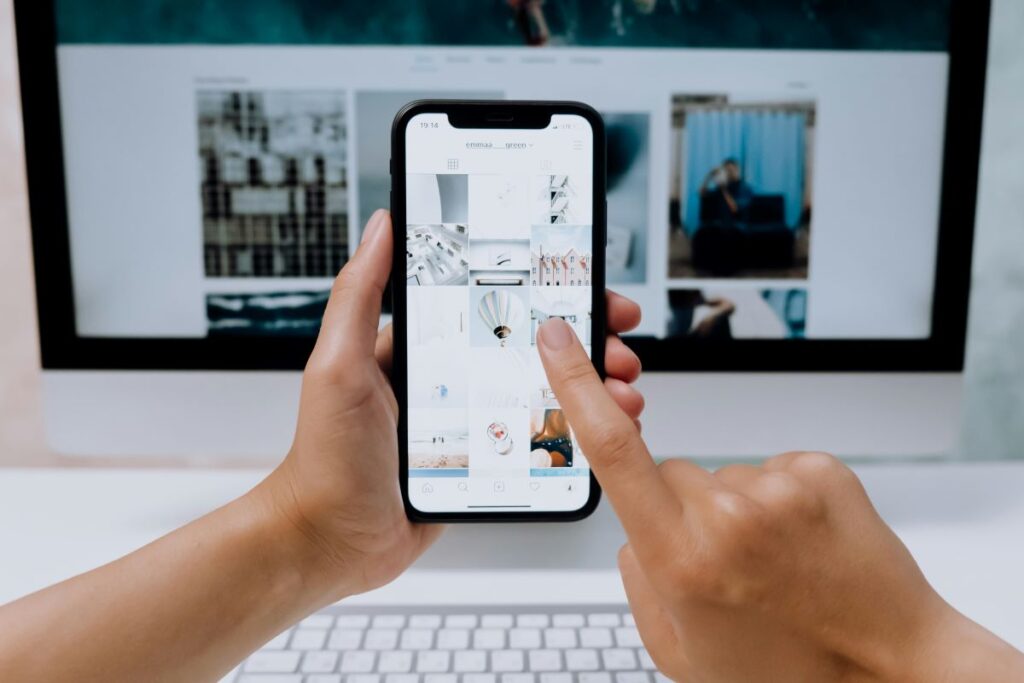Your mental load isn’t just physical—it’s digital too. In today’s hyper-connected world, our minds are bombarded with endless pings, pop-ups, and notifications. Over time, all that noise builds up as “digital clutter,” quietly draining our focus and increasing anxiety. The good news? A digital detox doesn’t have to mean throwing away your phone. With a few intentional steps, you can clean up your digital life and reclaim your peace of mind.
What Is Digital Clutter?

Digital clutter refers to the overwhelming accumulation of virtual “stuff”—emails, apps, tabs, files, notifications, and even digital commitments. It’s the modern version of a messy desk: you might not always see it, but you feel it. From 10,000 unread emails to countless unused apps, this clutter slows you down, decreases productivity, and creates invisible mental stress.
Signs of digital clutter include:
- Feeling overwhelmed when opening your inbox
- Constantly distracted by phone alerts
- Difficulty focusing on tasks
- Wasting time searching for files or information
Clear Your Inbox
Email overload is one of the biggest contributors to digital stress. Start by unsubscribing from newsletters and promotional emails you never open. Use tools like Unroll.Me, Clean Email, or Gmail’s native filters to automatically sort, archive, or delete incoming messages.
Create folders for urgent, personal, or work-related content and stick to a daily inbox check-in routine. The goal isn’t “inbox zero” perfection—it’s less stress and more clarity.
Simplify Your Digital Tools
Most of us use multiple to-do apps, note-taking tools, and calendars. But more doesn’t always mean better. Pick one productivity system that works for you—whether it’s Notion, Google Tasks, or a basic calendar—and commit to it.
Also:
- Delete apps you haven’t used in 30 days
- Remove duplicate or outdated files from your cloud storage
- Back up important files to an external drive or reliable cloud system
Audit Your Social Media
Your social media feeds directly influence your mood and self-esteem. Do a quick audit:
- Unfollow accounts that make you feel anxious, inferior, or drained
- Mute or block content that doesn’t align with your goals or values
- Use screen time settings or tools like Freedom or StayFocusd to limit usage
Consider doing a regular “social detox”—one day per week without any social apps—to reset your mental state.
Create a Calm Digital Environment
The way your digital space looks and sounds can affect your stress levels. Simple changes include:
- Using a calming, minimalistic wallpaper
- Turning off non-essential notifications
- Keeping your desktop clean and organized
- Closing browser tabs you’re not actively using
If your digital environment feels chaotic, your brain works overtime trying to filter the noise.
Build a Weekly Digital Clean-Up Habit
Make digital decluttering a habit. Every Sunday (or a day that works for you), take 15–30 minutes to:
- Delete unused photos and screenshots from your phone
- Organize files into folders
- Review app permissions and privacy settings
- Clear your browser cache and cookies
Consistency helps keep things manageable and prevents clutter from piling up again.
Final Thought
Digital peace equals mental peace. A cleaner online space gives you clarity, focus, and emotional breathing room. By actively curating your digital environment, you’re not just organizing files—you’re protecting your mental health, reducing anxiety, and making room for intentional living.



GIPHY App Key not set. Please check settings